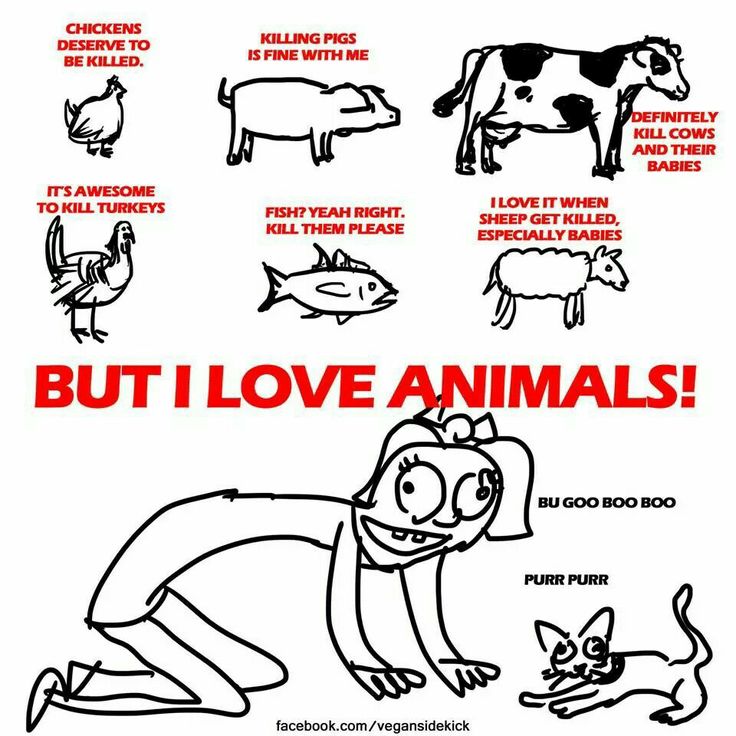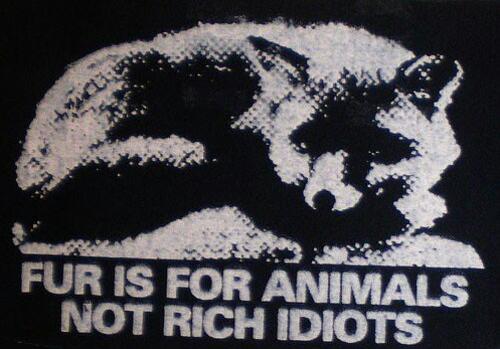What do you think? Are meat-eaters sick? Are animal abusers psychopaths? Do you think people who love some animals but eat other animals are morally schizophrenic?
There is an awful lot of ableist claimsmaking taking place in the American Nonhuman Animal rights movement. In my new article, published with the leading journal in disabilities studies, Disability & Society, I explored this issue quantitatively.
In addition to coding mainstream newspapers for comparison (as consistent with earlier studies, anti-speciesism activists were mostly portrayed negatively), I also coded 50 leading vegan and Nonhuman Animal rights blogs from across the spectrum.
Overall, about one fourth of the blogs in the study were using ableism enough to be coded as ableist or very ableist. The most frequently surfacing words among nonvegan newspapers were “crazy,” “problem” (in the context of, say, ‘this activist has a problem’), “loony,” “nuts,” “different” and “freak.”
And activists? A greater variety of disability stereotypes were used in addition to “crazy” and “different,” such as “dumb,” “depressed,” “insane,” “psycho,” “sad,” capable of “violence,” and “schizophrenic.”
It turned out that food blogs and non-profit blogs were less likely to frame speciesism as a symptom of mental illness, but theory-based blogs not associated with any organization were the real sites of ableist rabble-rousing. In fact, Gary Francione’sAbolitionist Approach blog was the outlier in the study, averaging more than one ableist term for each essay included in the sample (in total, 319 hits were attributed to this blog, mostly the term “schizophrenic”).
The problem is that using disability as a pejorative in a social movement framework to villainize or shame the audience into accepting the movement’s claim actually banks on social inequality as a point of resonance. This should be problematic for any social movement that has egalitarianism as an end goal.

Unfortunately, the study has some limits. Some words like “problem” and “violent,” that were included as disability stereotypes (I used list of terms used by disability researchers in another study) can muddy interpretation, as speciesism necessarily entails violence and any social movement is likely to frame its target as having a “problem.” Coders were instructed to mark these terms as present only when a person or humans were specifically targeted, rather than abstract ideas (“Meat-eaters engage in violence” would be flagged, for instance, while, “Speciesism entails violence” would not). Some disability pejoratives like “stupid” or “idiotic” were not included, though these words are highly likely to have surfaced. Finally, I used VeganFeed to select the blog sample, as it provided a good variety of blog types. Unfortunately, it excluded some prominent non-profit organizations such as PETA. Additional studies could expand on these findings.
Readers can read and download my article free of charge here.
Abstract:
Nonhuman Animal rights activists are sometimes dismissed as ‘crazy’ or irrational by countermovements seeking to protect status quo social structures. Social movements themselves often utilize disability narratives in their claims-making as well. In this article, we argue that Nonhuman Animal exploitation and Nonhuman Animal rights activism are sometimes medicalized in frame disputes. The contestation over mental ability ultimately exploits humans with disabilities. The medicalization of Nonhuman Animal rights activism diminishes activists’ social justice claims, but the movement’s medicalization of Nonhuman Animal use unfairly otherizes its target population and treats disability identity as a pejorative. Utilizing a content analysis of major newspapers and anti-speciesist activist blogs published between 2009 and 2013, it is argued that disability has been incorporated into the tactical repertoires of the Nonhuman Animal rights movement and countermovements, becoming a site of frame contestation. The findings could have implications for a number of other social movements that also negatively utilize disability narratives.

Readers can learn more about the social psychology of veganism in my 2016 publication, A Rational Approach to Animal Rights. Receive research updates straight to your inbox by subscribing to my newsletter.
